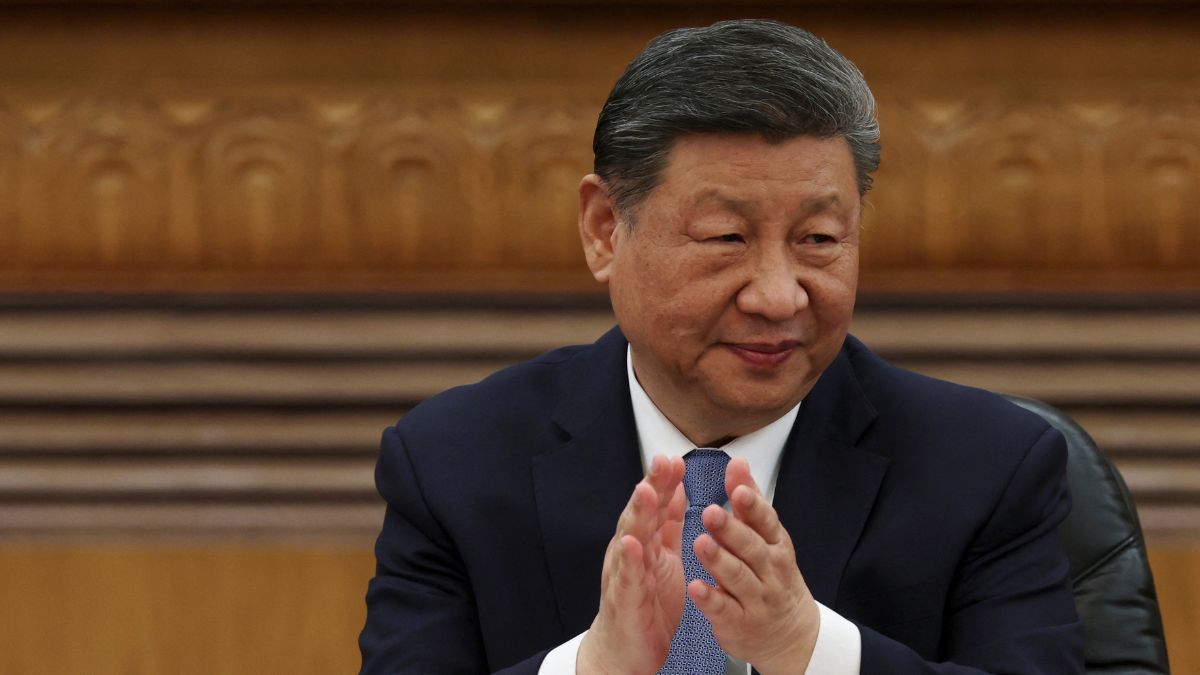China has publicly called on Rwanda to withdraw its troops and end support for the M23 rebel group in the Democratic Republic of Congo (DRC).
Beijing’s statement, delivered twice this year by its ambassador to the United Nations, Fu Cong, asked Rwanda to heed international calls and halt its military backing of M23 – a group blamed for seizing territory in eastern DRC and fuelling a humanitarian crisis.
China also voted in favour of a UN Security Council resolution condemning Rwanda’s role in the conflict – a rare move for Beijing, which often abstains in such votes when close partners are involved and has long insisted on a policy of non-interference in African conflicts.
However, the call for withdrawal of forces is not so much about principles as it is about protecting billions of dollars in mineral investments, South China Morning Post reported.
Minerals and motives
While China’s vote was noted as a shift, observers remain sceptical about any deeper change in Beijing’s diplomatic posture. Analysts say the primary driver behind the move is economic: China relies heavily on the DRC for key minerals used in electronics and electric vehicles, including tantalum, tin, tungsten and gold.
Eastern DRC is home to Chinese-run mining operations, many of which are located near conflict hotspots such as Goma and Bukavu, towns that have come under M23 control. Rwanda, which borders the region, is accused by Kinshasa of profiting from smuggled minerals and fuelling unrest to maintain influence.
“Had it been any other actor than Rwanda, and particularly a Western actor, the tone of the wording would have been undoubtedly stronger and more dismissive,” said Benjamin Barton, an associate professor at the University of Nottingham Malaysia. “Beijing clearly wants to remain in both Kigali’s and Kinshasa’s good graces.”
Despite the direct naming of Rwanda, the language used by China was notably restrained. Zhou Yuyuan, a professor at the Shanghai Institutes for International Studies, said the statement “does not condemn Rwanda, but hopes that it will withdraw and stop supporting M23.”
Impact Shorts
More ShortsThat restraint has raised questions about how serious Beijing is in confronting the conflict’s underlying issues. Chris Alden, professor of international relations at the London School of Economics, called it “a break with the past application” of China’s long-standing non-interference principle – but not a full policy shift.
“Rather it demonstrates how serious and worried Chinese authorities are as to the impact of M23 military gains to its economic interests that it would name Rwanda specifically,” Alden said.
China is thought to be especially concerned about instability in South Kivu, where many Chinese-linked mining operations— including illegal ones— are reported to operate.
Global stakes in a regional war
The DRC crisis, which began in earnest in 2022, has displaced millions and resulted in thousands of deaths. The M23’s offensives have destabilised the region and drawn in foreign actors. In recent months, the US imposed sanctions on a Rwandan minister accused of backing the group and has begun negotiating a minerals and security partnership with the Congolese government.
Washington has sought to restore operations in areas affected by the conflict. On Thursday, US presidential adviser Massad Boulos confirmed that the M23 had pulled out of the town of Walikale, allowing Alphamin Resources – a Canadian mining firm with American links – to resume work.
“This is a significant step, and these kinds of measures are critical to building confidence,” Boulos said.
For Beijing, the conflict presents a dilemma: whether to stick to a hands-off diplomatic approach or act more assertively to protect its assets. So far, its actions have been cautious and calculated, avoiding direct confrontation while aligning just enough with the international consensus to maintain credibility.


)

)
)
)
)
)
)
)
)



